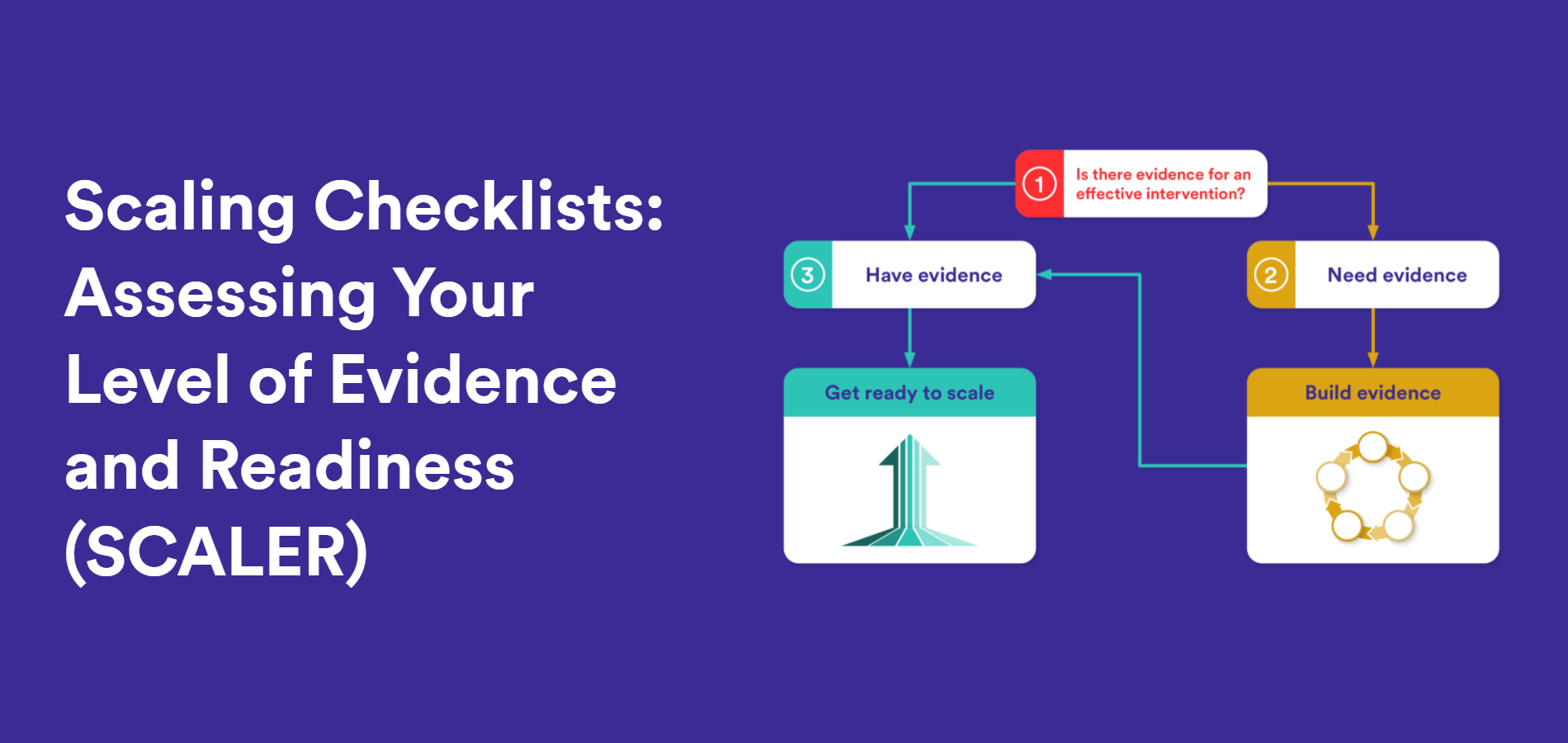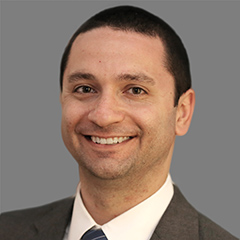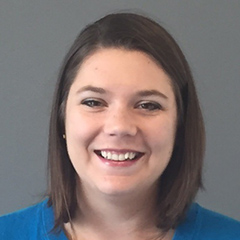Project Overview
AmeriCorps (formerly known as Corporation for National and Community Service) funded Mathematica to conduct the Scaling Evidence-Based Models (SEBM) project to gain insights about which of the interventions funded by AmeriCorps showed evidence of effectiveness and might be ready to scale.
Through programs such as AmeriCorps State and National and AmeriCorps Seniors, AmeriCorps seeks to improve lives, strengthen communities, and foster civic engagement through service and volunteering. The SEBM project helped to further AmeriCorps’ mission by generating practical knowledge about successfully scaling effective interventions.
AmeriCorps

As part of the SEBM project, Mathematica designed and implemented the Scaling Programs with Research Evidence and Effectiveness (SPREE) process, which provides a comprehensive methodology for AmeriCorps and other funders to use when they want to help organizations scale effective interventions. Mathematica applied the SPREE process to the AmeriCorps 2015–2019 and Social Innovation Fund 2010–2014 interventions funded by AmeriCorps. Using a two-part annual review of AmeriCorps-funded interventions, the project identified interventions with the strongest evidence of effectiveness and provided AmeriCorps with an understanding of why other interventions did not meet criteria for rigorous research. The SEBM project also conducted an in-depth process study that collected rich information from three AmeriCorps-funded grantees and their partners about their experiences in scaling evidence-based interventions.
In addition, Mathematica developed a series of resources for practitioners to help them build evidence of effectiveness for their interventions and enhance their readiness to scale them. One such resource introduces the Scaling Checklist: Assessing your Level of Evidence and Readiness (SCALER) framework and tool. The SCALER consists of a series of checklists that organizations can complete to help them identify the strengths, weaknesses, and gaps of the interventions they hope to scale, as well as identify potential ways to strengthen their interventions as needed. Organizations can use the SCALER to increase their likelihood of successfully scaling an intervention that increases the desired outcomes of participants.

Assessing Your Level of Evidence and Readiness to Scale
The SCALER is a tool comprised of checklists that organizations can use to determine if they have:
- evidence of their intervention’s effectiveness that meets industry standards for rigorous evaluation research and
- the procedures and processes in place that will enable them to successfully scale an intervention.
Evidence & Insights From This Project

Scaling Checklists: Assessing Your Level of Evidence and Readiness (SCALER)
The SCALER framework can help organizations improve the lives of more people by preparing them to successfully scale effective interventions.
Learn MoreMaking the Most of Data
How to Structure Implementation Supports
Related Staff
Efficiency Meets Impact.
That's Progress Together.
To solve their most pressing challenges, organizations turn to Mathematica for deeply integrated expertise. We bring together subject matter and policy experts, data scientists, methodologists, and technologists who work across topics and sectors to help our partners design, improve, and scale evidence-based solutions.
Work With Us


